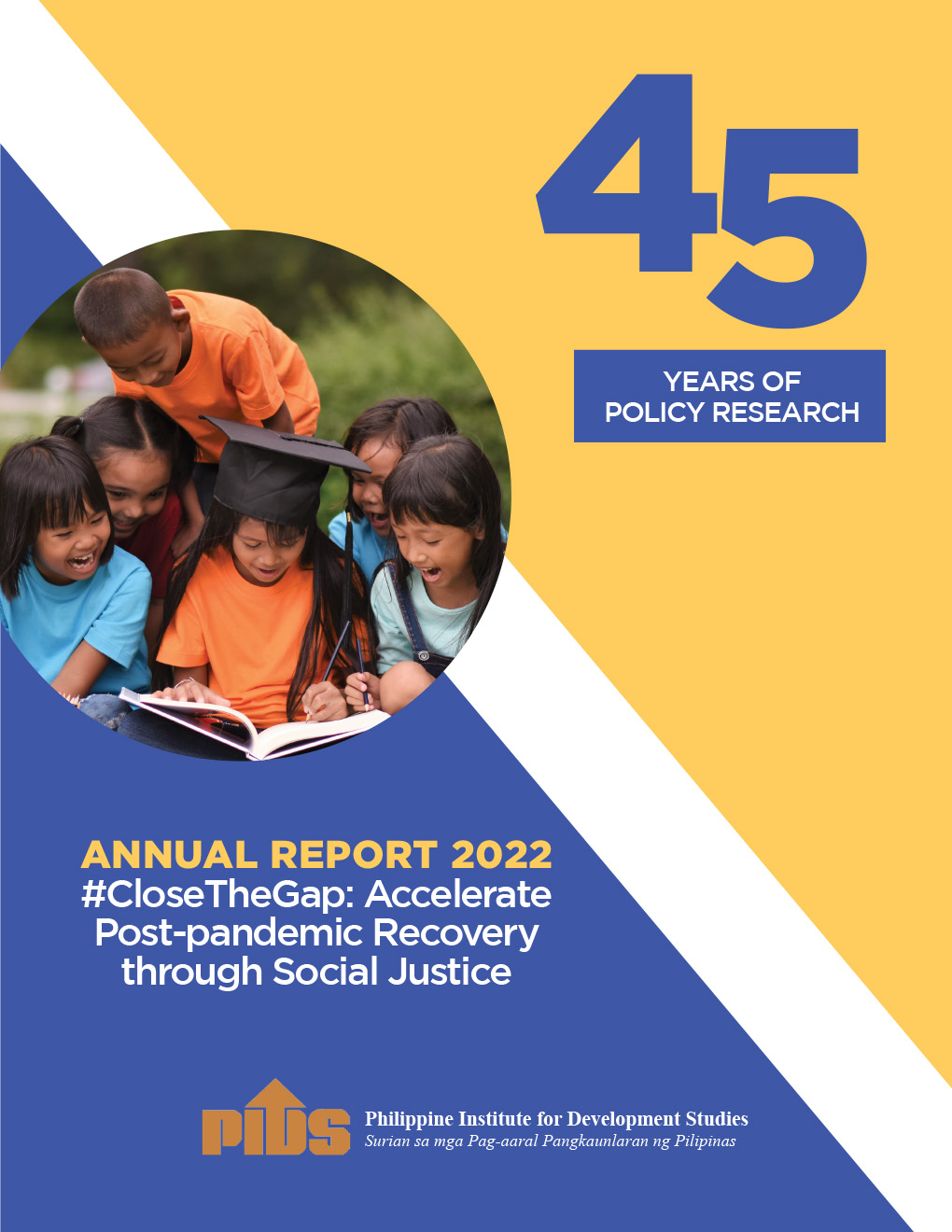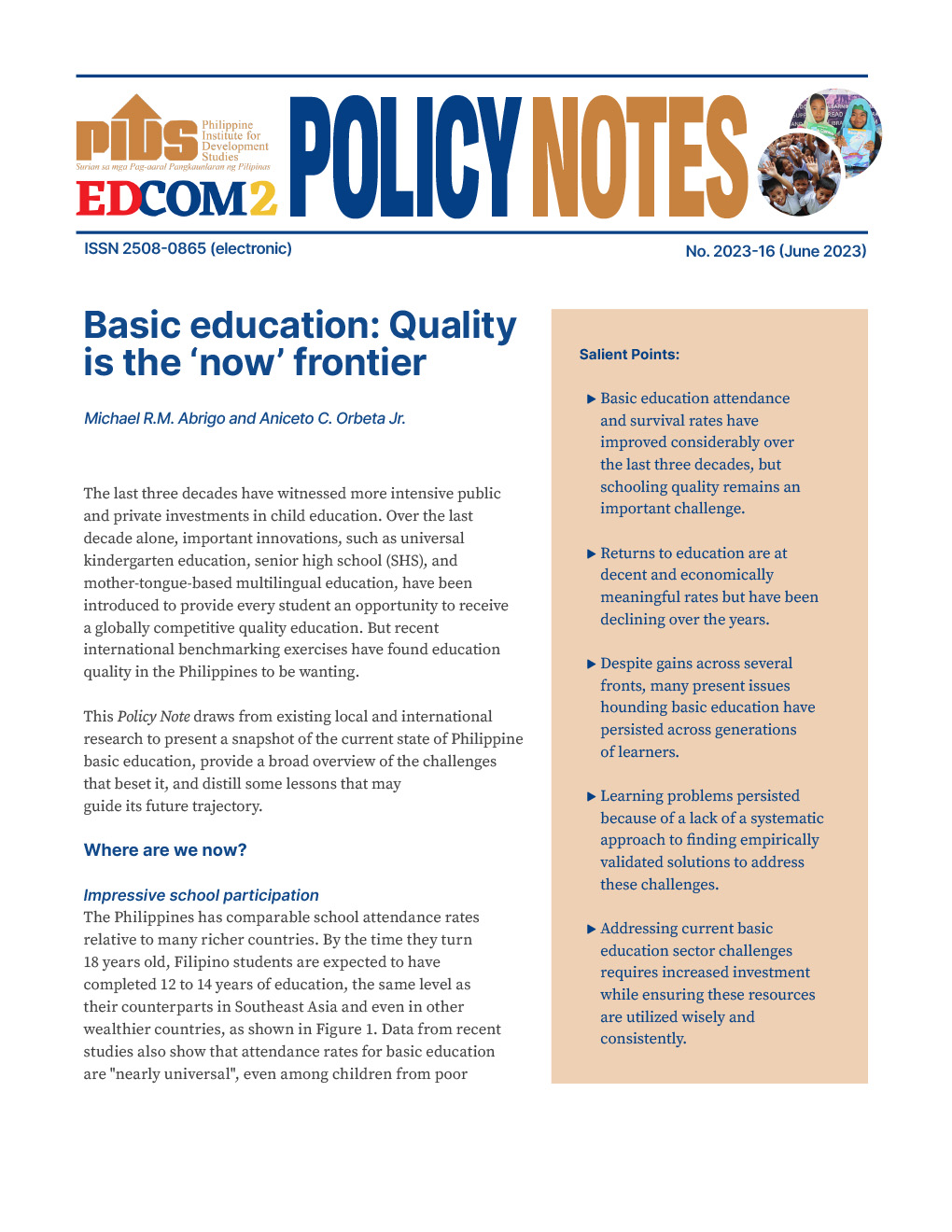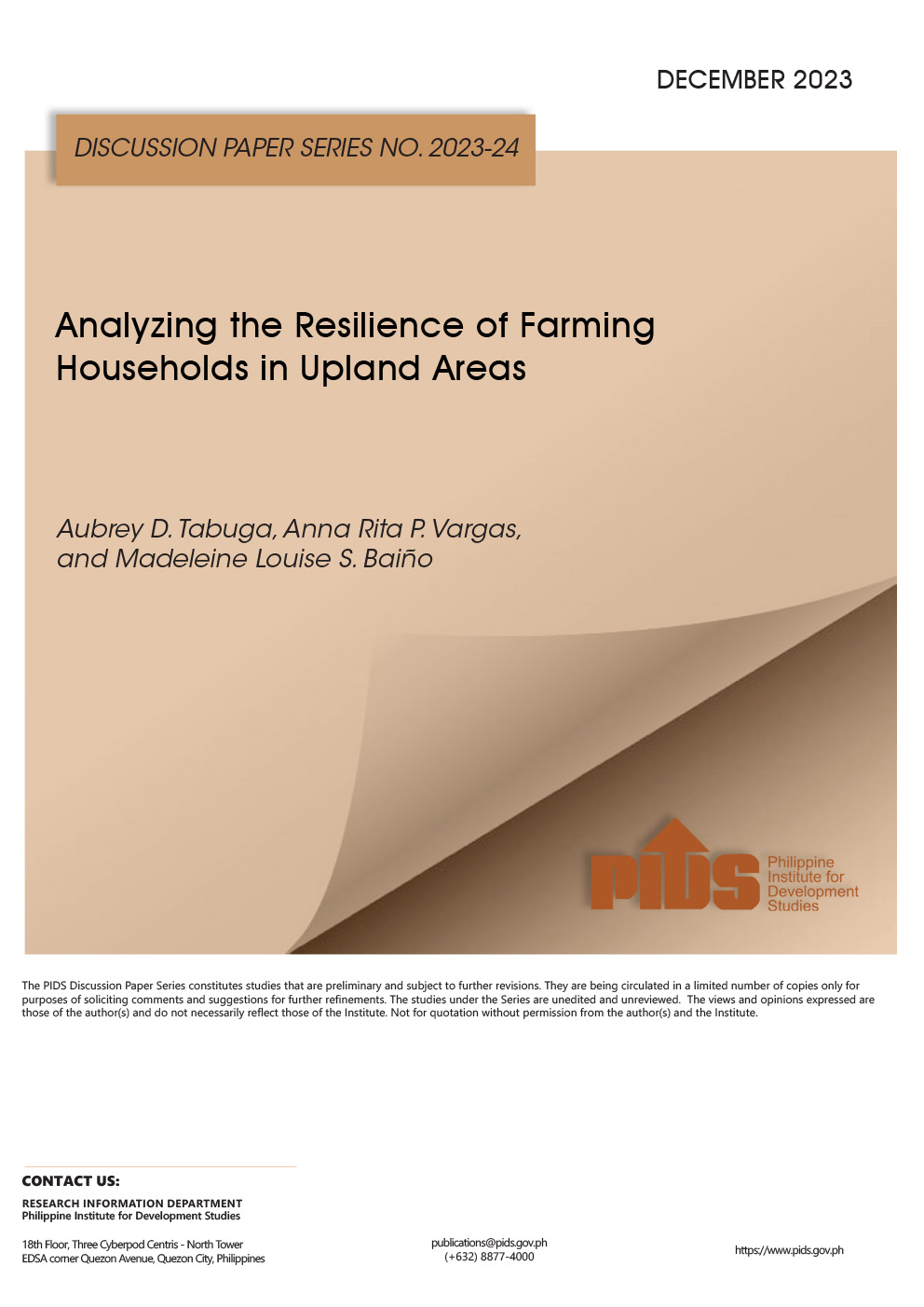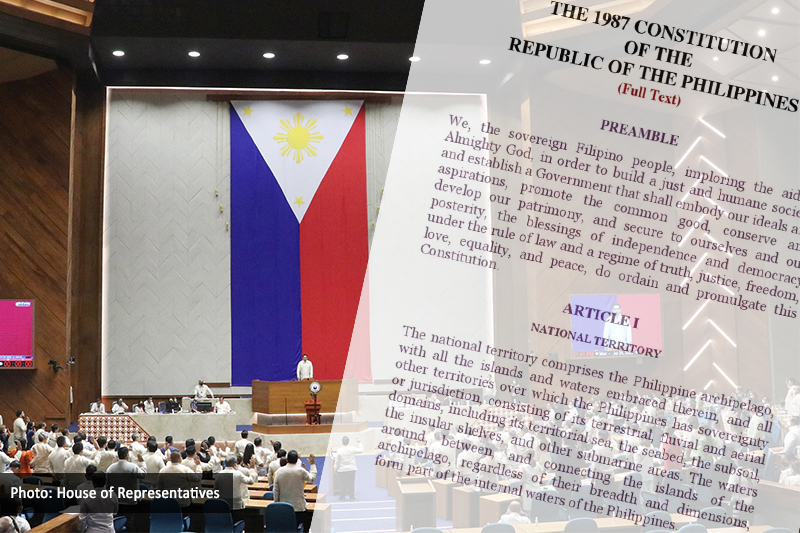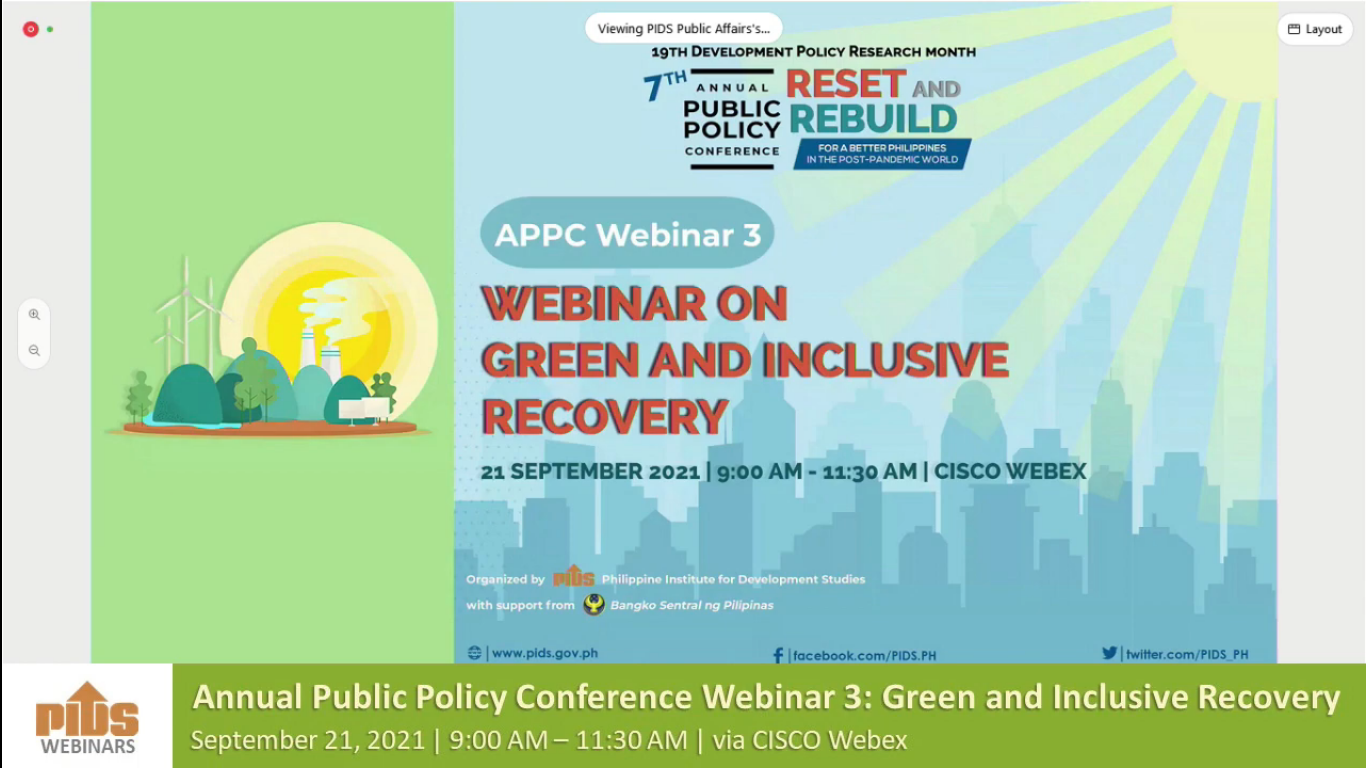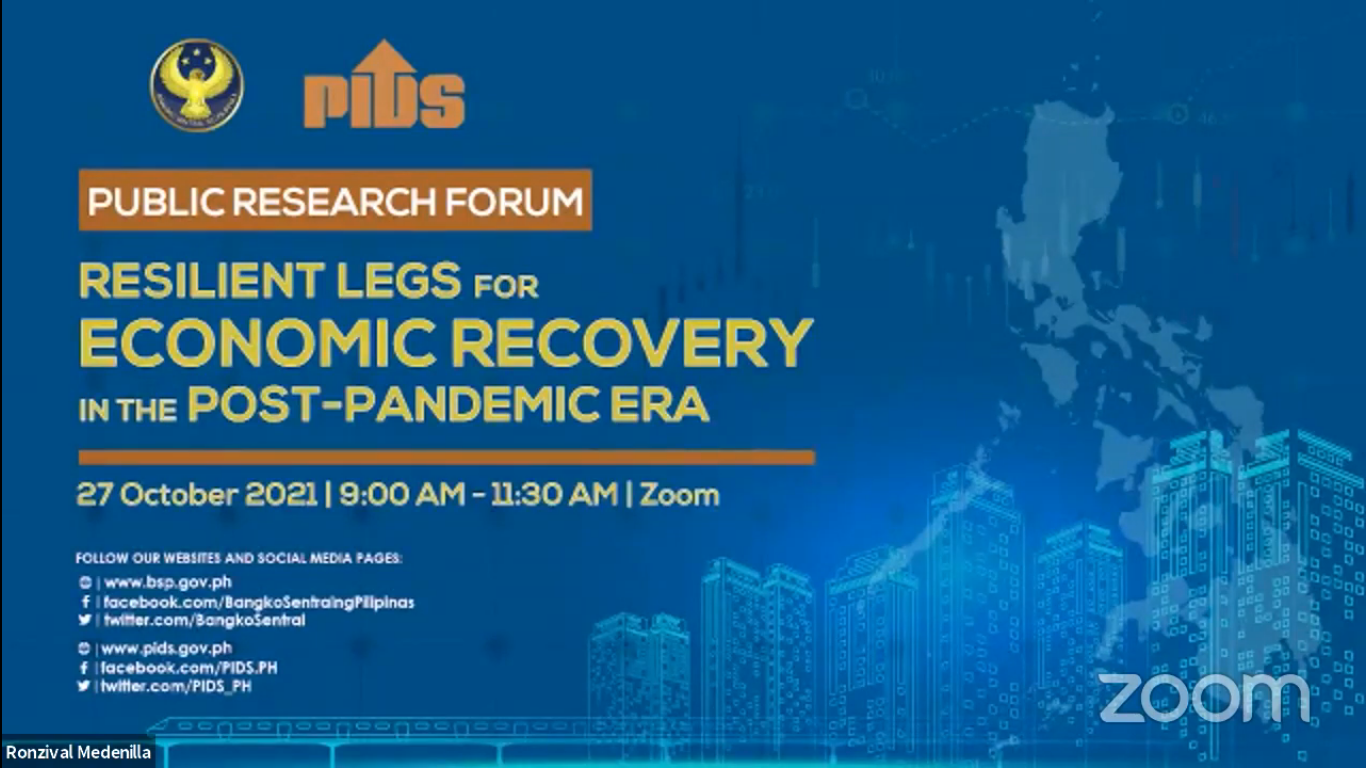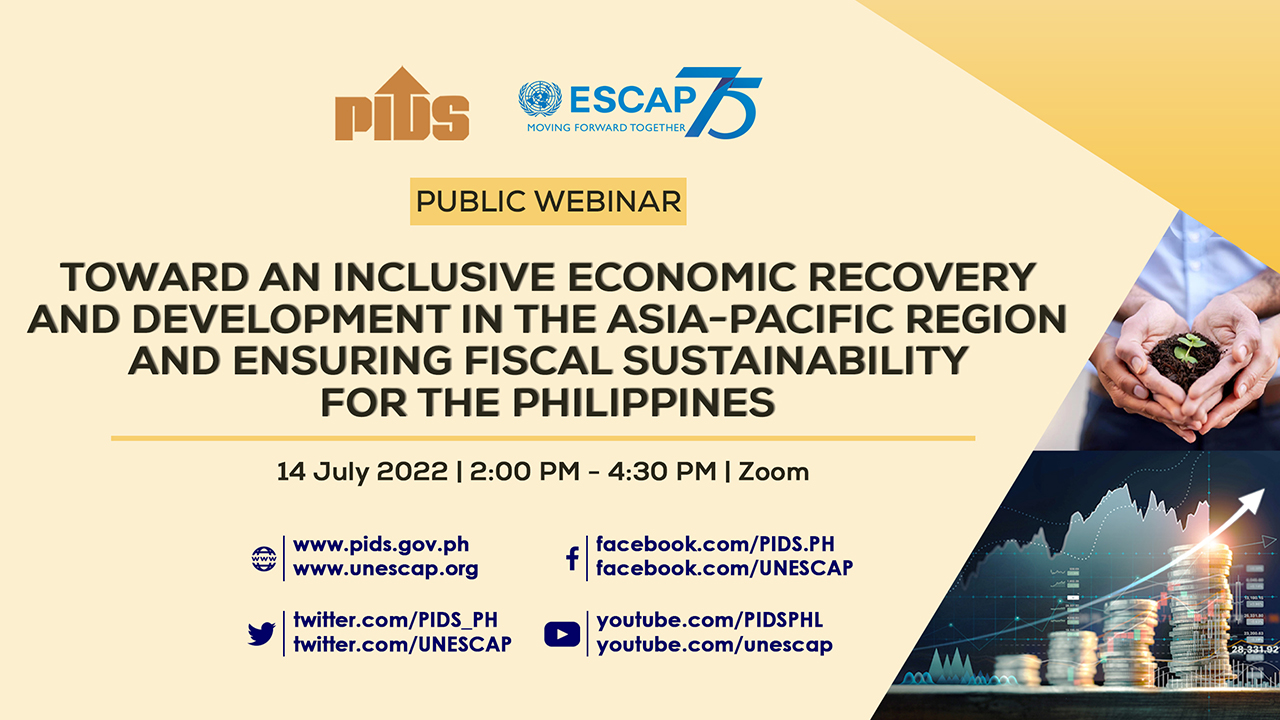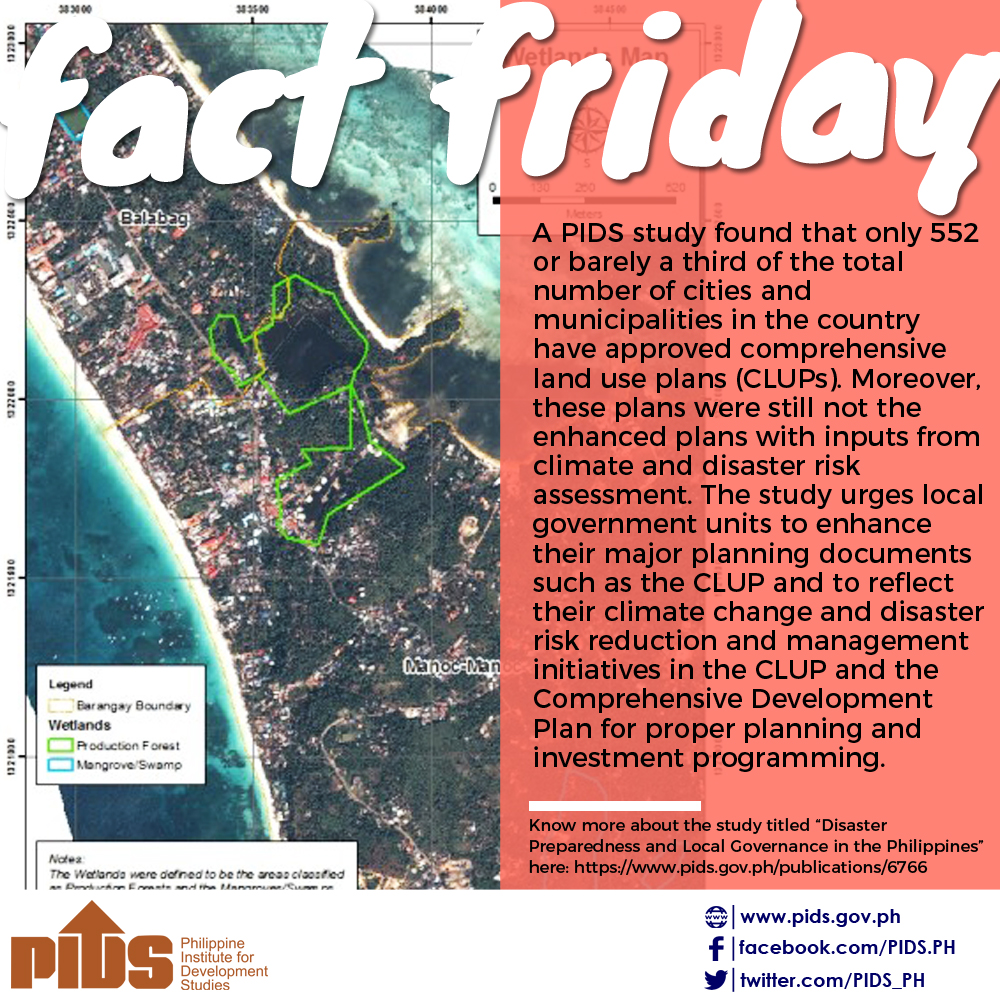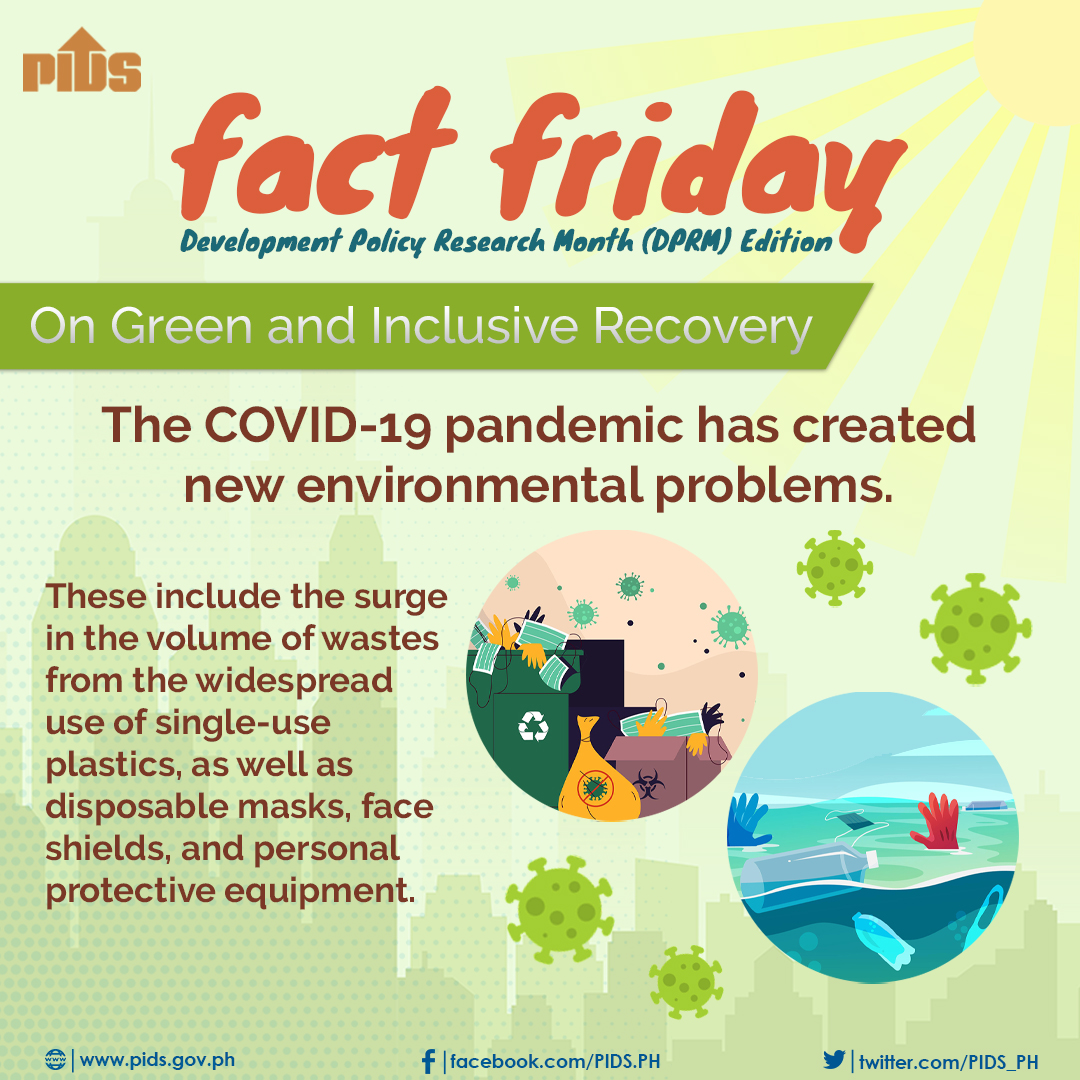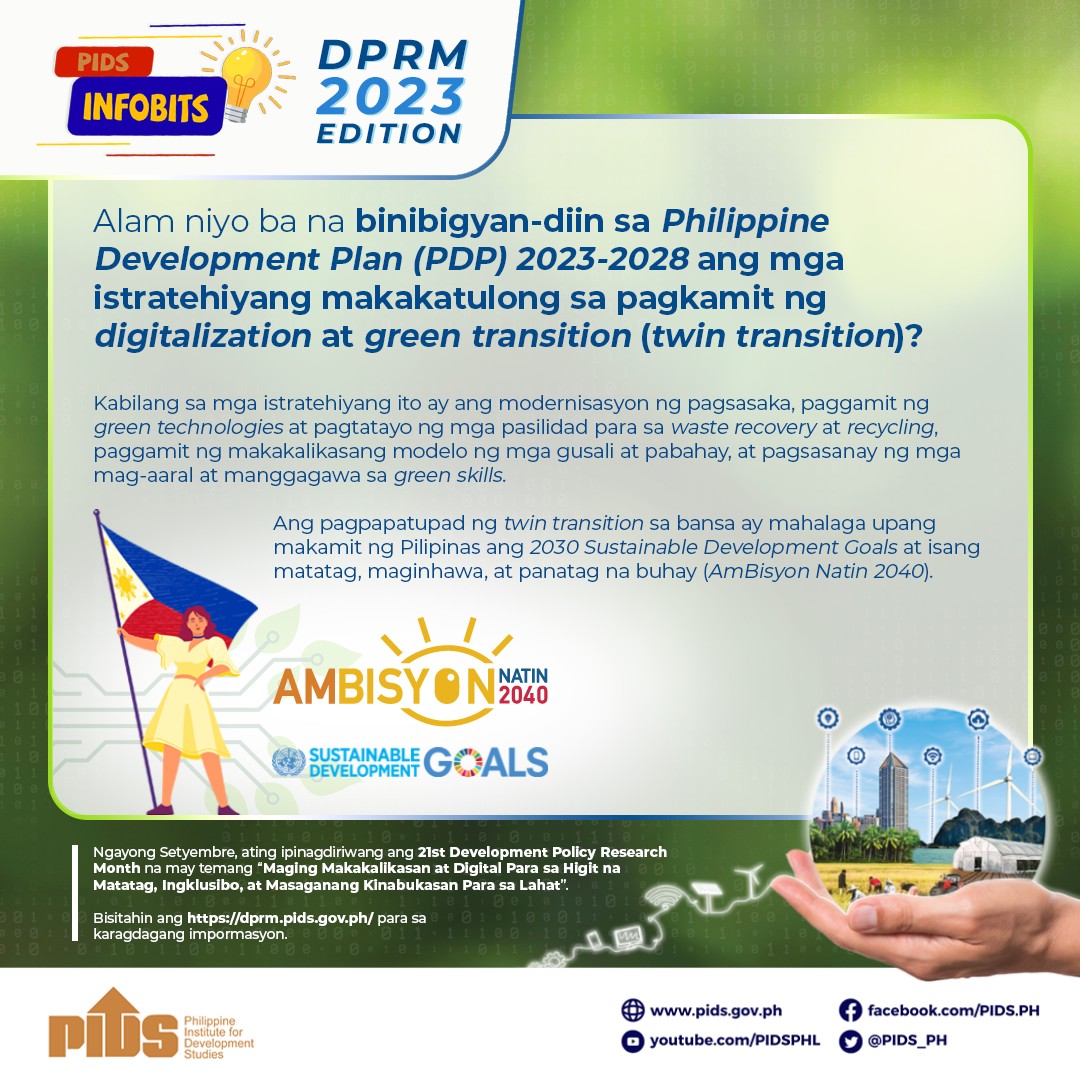The government has started to hold consultations with stakeholders on crafting the proposed responsive and sustainable recovery plan in light of the coronavirus pandemic.
In his seventh weekly report to Congress on the coronavirus response, President Duterte said the insights from government agencies and private sector representatives will be taken into consideration in the “We Heal as One” working draft.
“We continue to conduct consultations and develop scientific tools to ensure our recovery plan will be truly responsive and sustainable in facilitating the transition to the new normal,” Duterte said.
He said the National Economic and Development Authority (NEDA) recently held a consultation with civil society groups and other representatives from the private sector to generate feedback from a wider audience.
NEDA is currently incorporating the recommendations and insights from Inter-Agency Task Force on the Management of Emerging Infectious Diseases (IATF) member agencies, various government inter-agency committees, and the private sector into the draft recovery plan, he added.
Duterte said the Commission on Population and Development has also prepared initial reports on the coronavirus impact on communities to guide the task force in its decision-making at national and regional levels.
The Philippine Institute for Development Studies health study team has likewise submitted to the Department of Finance updated projections on the coronavirus numbers and quarantine restrictions.
Last week, the President disclosed that the government began writing the first draft of the recovery plan that outlines the phases of the government’s response against the COVID-19, namely response, mitigation and transition to the new normal. The recovery plan will include strategies and priority programs and projects to rebuild consumer and business confidence, among others.
Metro Manila and other areas with high risk of coronavirus spread have been placed under enhanced community quarantine (ECQ) until May 15 to contain the spread of the disease. Public transportation has been allowed at reduced capacity while several businesses and services are allowed to operate in areas under general community quarantine (GCQ).
As the country prepares to ease restrictions in certain areas, Duterte said concerned agencies have issued guidelines on business establishments or activities allowed to operate under ECQ and GCQ.
He said the energy department has also drafted a COVID-19 response protocol to energy stakeholders for guidance and inclusion in their business continuity plans.
An electronic book on ethics guidelines on COVID-19 crisis-level hospital care has also been prepared by the National Ethics Committee and the Philippine Health Research Ethics Board.
In the same report to Congress, the President mentioned the establishment of the Balik Probinsya, Bagong Pag-asa (BP2) program as among the measures to deal with the impact of the pandemic.
He said the program seeks to promote balanced regional development as well as equitable distribution of wealth resources and opportunities.
“It presents a whole of government approach to address the long-recognized need to dilute the concentration of power and access to services in the NCR (National Capital Region) and distribute opportunities and services to the provinces,” he said.
In his seventh weekly report to Congress on the coronavirus response, President Duterte said the insights from government agencies and private sector representatives will be taken into consideration in the “We Heal as One” working draft.
“We continue to conduct consultations and develop scientific tools to ensure our recovery plan will be truly responsive and sustainable in facilitating the transition to the new normal,” Duterte said.
He said the National Economic and Development Authority (NEDA) recently held a consultation with civil society groups and other representatives from the private sector to generate feedback from a wider audience.
NEDA is currently incorporating the recommendations and insights from Inter-Agency Task Force on the Management of Emerging Infectious Diseases (IATF) member agencies, various government inter-agency committees, and the private sector into the draft recovery plan, he added.
Duterte said the Commission on Population and Development has also prepared initial reports on the coronavirus impact on communities to guide the task force in its decision-making at national and regional levels.
The Philippine Institute for Development Studies health study team has likewise submitted to the Department of Finance updated projections on the coronavirus numbers and quarantine restrictions.
Last week, the President disclosed that the government began writing the first draft of the recovery plan that outlines the phases of the government’s response against the COVID-19, namely response, mitigation and transition to the new normal. The recovery plan will include strategies and priority programs and projects to rebuild consumer and business confidence, among others.
Metro Manila and other areas with high risk of coronavirus spread have been placed under enhanced community quarantine (ECQ) until May 15 to contain the spread of the disease. Public transportation has been allowed at reduced capacity while several businesses and services are allowed to operate in areas under general community quarantine (GCQ).
As the country prepares to ease restrictions in certain areas, Duterte said concerned agencies have issued guidelines on business establishments or activities allowed to operate under ECQ and GCQ.
He said the energy department has also drafted a COVID-19 response protocol to energy stakeholders for guidance and inclusion in their business continuity plans.
An electronic book on ethics guidelines on COVID-19 crisis-level hospital care has also been prepared by the National Ethics Committee and the Philippine Health Research Ethics Board.
In the same report to Congress, the President mentioned the establishment of the Balik Probinsya, Bagong Pag-asa (BP2) program as among the measures to deal with the impact of the pandemic.
He said the program seeks to promote balanced regional development as well as equitable distribution of wealth resources and opportunities.
“It presents a whole of government approach to address the long-recognized need to dilute the concentration of power and access to services in the NCR (National Capital Region) and distribute opportunities and services to the provinces,” he said.

